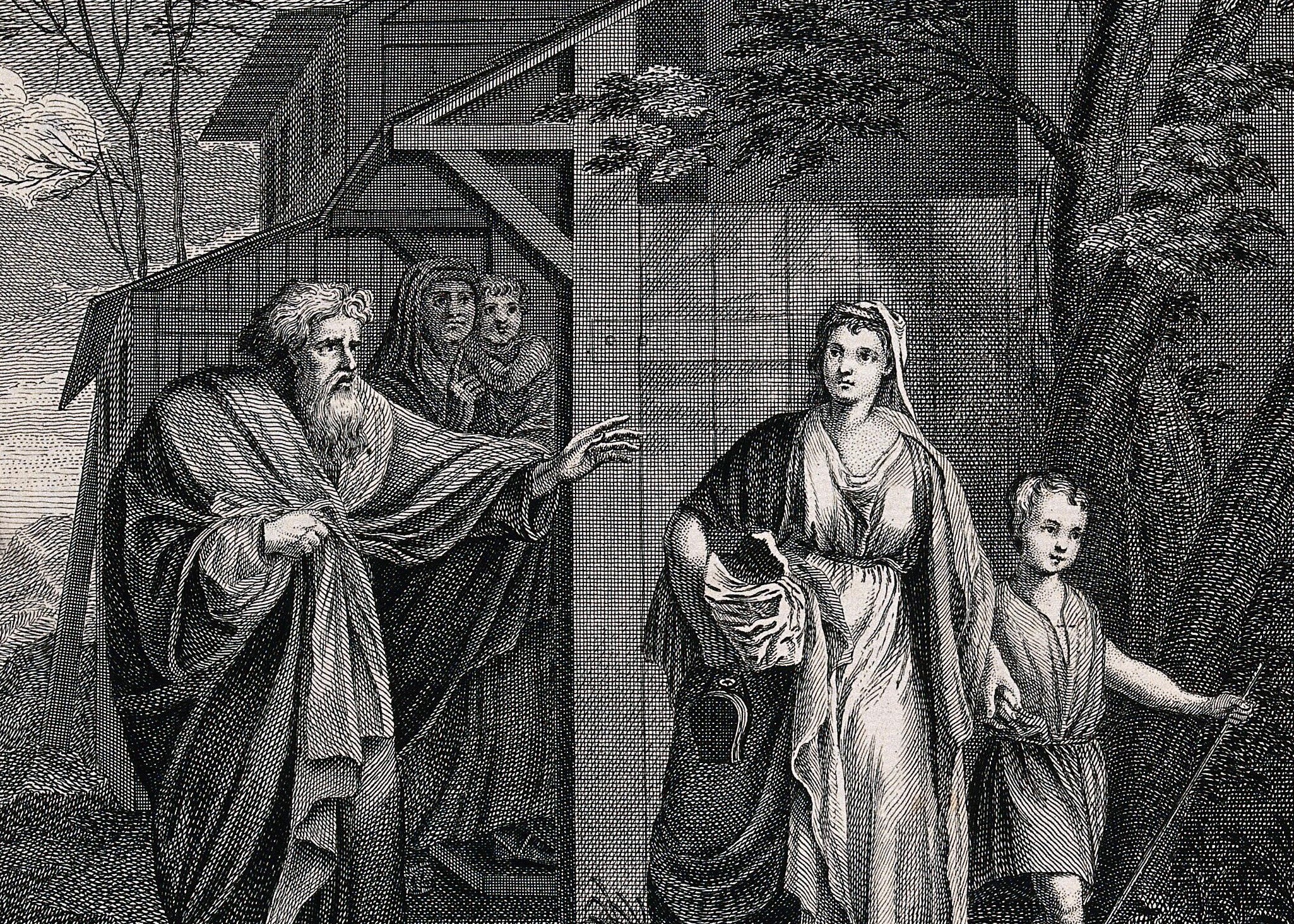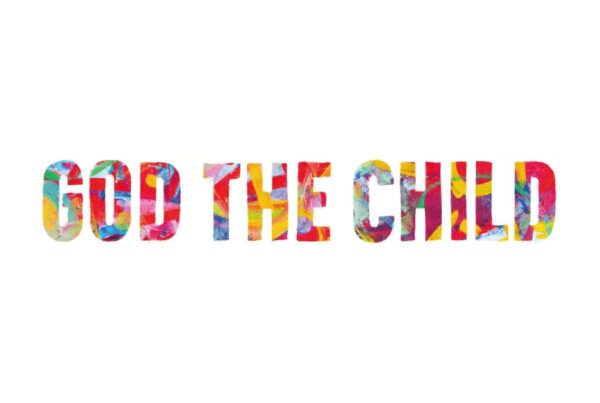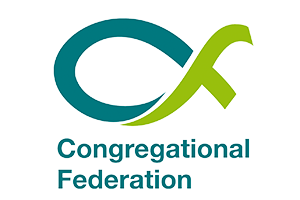Last November I gave a paper at the Annual Combined Meeting of the Society of Biblical Literature (SBL) and American Academy of Religion (AAR) in San Antonio, Texas. Unfortunately, it didn’t involve any travel – due to COVID the conference was held partly online and I was able to give my paper (or have someone else give it for me – I had laryngitis) from the comfort of my LKH office. So far, so dull.
The paper was about the character Hagar in Genesis. I was following up a conundrum that has long bothered me. Although Hagar is a highly marginal character – she is Egyptian, a woman and a slave – she not only gets two whole narratives to herself (Genesis 16 and 21), but she is made a number of promises by God (promises that are never made to Sarah or to Sarah’s ‘chosen’ son Isaac), and, extraordinarily, she names God. ‘You are El-roi’, she exclaims in Genesis 16:13. No other character names God in all of Genesis, a book in which to name someone is to exercise power over them. For all these reasons, Hagar is a character who has long fascinated, and frustrated, feminist scholars, particularly given that once her two stories have been told she disappears from the Old Testament completely.
My possible answer involves revisiting work done by a senior scholar in the 1980’s, Michael Fishbane. Fishbane demonstrated that the whole Jacob Cycle (Genesis 25-35) is structured as a giant chiasm. A chiasm is the narrative equivalent of a palindrome; a word or phrase that reads the same backwards as forwards, like ‘Madam, I’m Adam’. In a chiasm the central point is the most important part of the story, and either side of it the story radiates outwards, dealing with matching themes or subject matter. In the Jacob Cycle the central point comes in Genesis 30 – God ‘remembers’ Rachel, who has been barren, and she bears a son, Joseph, who is implicitly fated to become the leader amongst his brothers.
Many scholars have wondered whether the Abraham Cycle (Genesis 12-25), too, is structured as a chiasm, but they have assumed that, if it is, the central point must match the importance of the birth of Joseph, so they have looked to passages like those in which God makes a covenant with Abraham (Genesis 15 and 17). These proposals haven’t worked (one influential scholar, incidentally a former doctoral student of Fishbane, calls them ‘wobbly’). They haven’t worked because the central point of the chiasm in the Abraham Cycle isn’t to be found in the story about Abraham. It is to be found in Genesis 16, the story of Hagar’s banishment at the hands of Abram and Sarai. That story, of course, is tucked in between the two covenant chapters already mentioned, and the rest of Abraham’s story radiates out on either side. Think about it. In both Genesis 16 and Genesis 30 the ancestor and his wife (or wives) have overcome a problem of infertility by using maidservants as surrogates to have children for them. (These are the stories that Margaret Attwood took as models for The Handmaid’s Tale.)
Nearly all Genesis scholars consider Jacob’s to be the older story, and think that the Abraham stories were added later. That is fascinating, because the Abraham Cycle chooses a story that is at once just the same, but also completely different, to take the all-important central spot. The Abraham Cycle doesn’t celebrate the well-loved, appropriate, woman, it celebrates instead the ‘alien’ (Hagar’s name means ‘the alien’ in Hebrew) who is just a slave. It is almost as though the authors of the Abraham story want to unsettle, or destabilise the Jacob story, by giving it a prelude that at once resembles and inverts it. (There is more to it, but sharing all the detail would be to run the risk of really boring you.)
For me, at least, this discovery has been enough to resolve my conundrum and to explain both why Hagar is made such a fuss of in a couple of spots and then entirely forgotten. She is there to make a political point – one that I find quite appealing, as it happens – especially in our contemporary world that lays so much store on appearance, identity, and propriety. Her story says that it isn’t good enough just to celebrate and prioritise people who are mainstream, acceptable or ‘chosen’. On the other hand, we should resist the temptation to romanticise the outsider. At the end of Genesis 16 the story God orders Hagar to return to her oppressor, Sarai, and to submit to her. (Now that is a whole other conundrum.)
One of our greatest temptations, I think, is to think that our Bible is old and irrelevant. In fact the Bible can be both surprising and dangerous. As a Biblical Scholar, I love coming across things that remind me of that, and sharing them.









